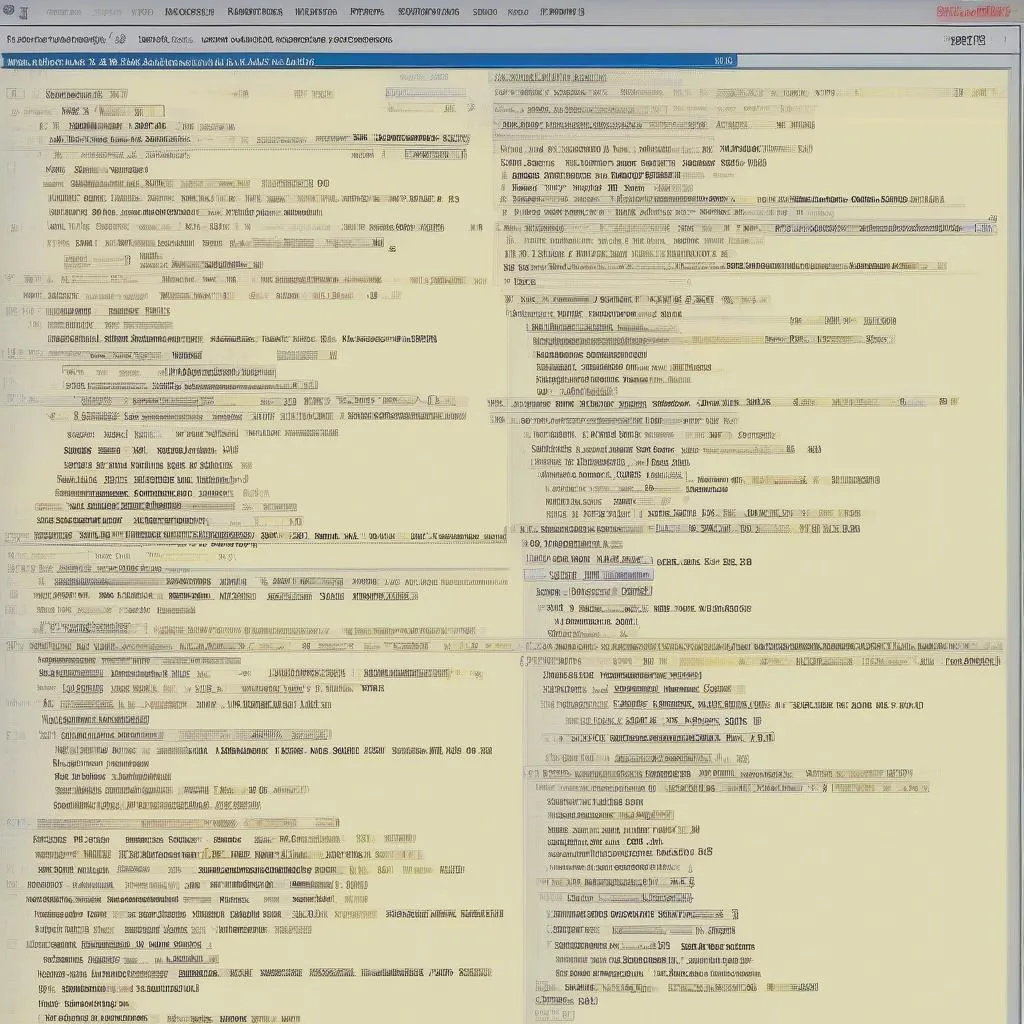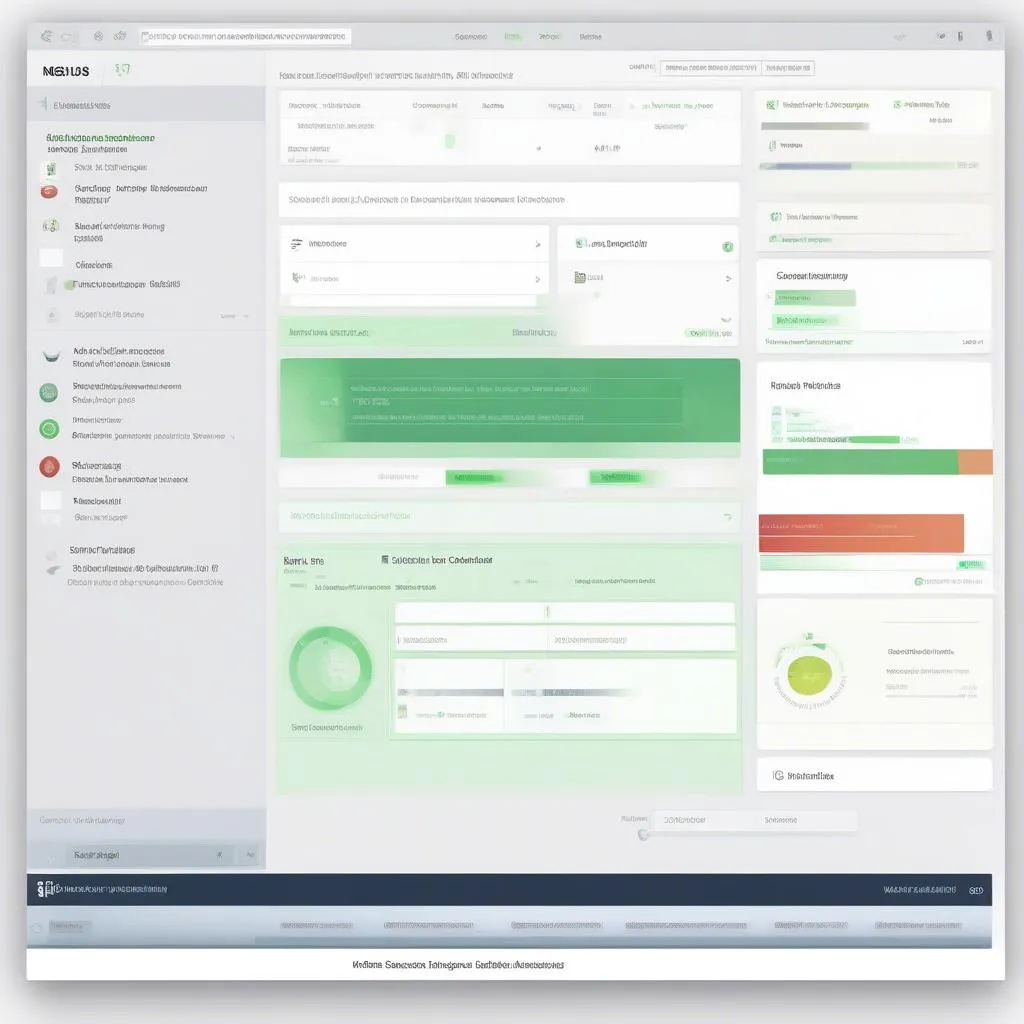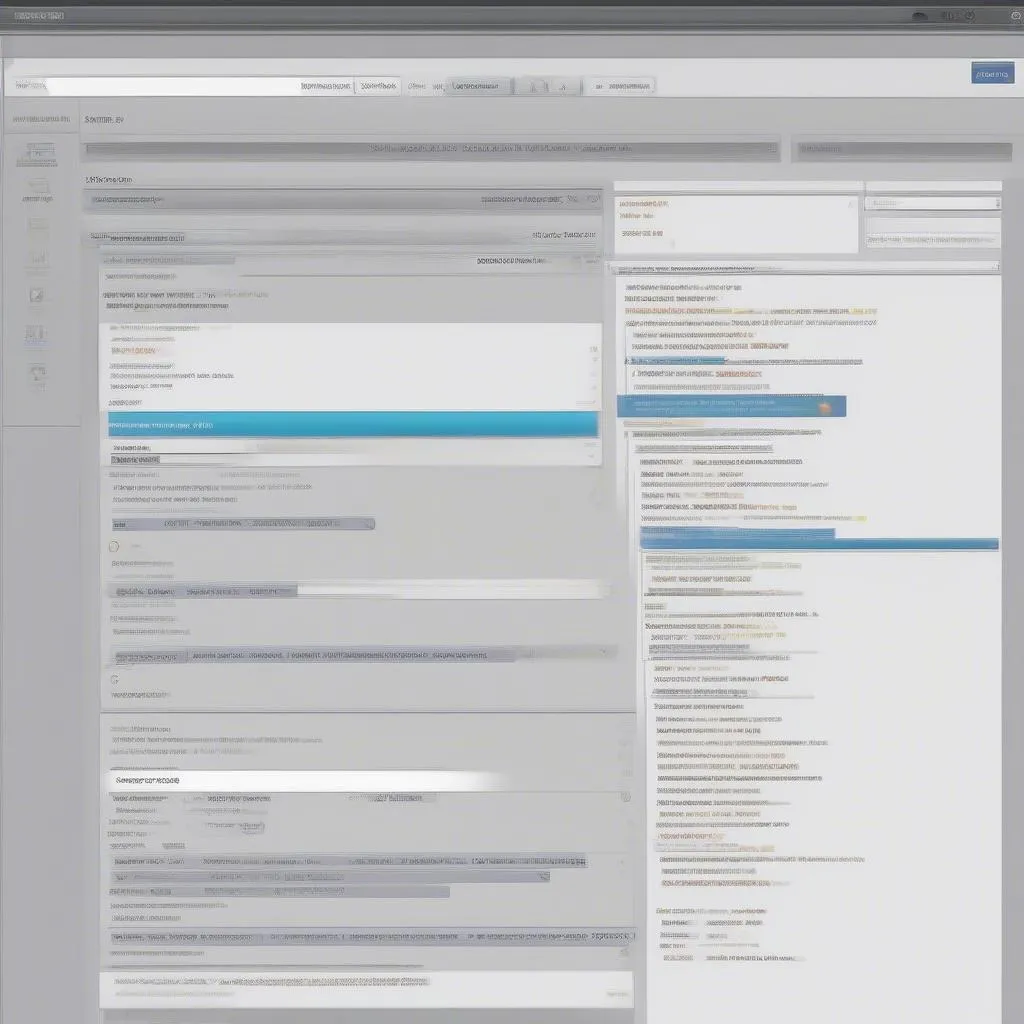Have you ever felt like a detective investigating a network, trying to uncover hidden vulnerabilities? Port scanning is a critical tool in the cybersecurity arsenal, allowing you to understand what’s running on your network and identify potential security risks. But with so many port scanning tools available, finding the right one can be a challenge.
Why are Port Scanning Tools Important?
Port scanning tools are like the X-ray machines of the cybersecurity world. They can reveal what’s happening on your network by sending packets to specific ports and analyzing the responses. This process helps you to:
- Identify open ports: Knowing which ports are open on your network is crucial. Many vulnerabilities arise from leaving ports open that aren’t necessary, inviting unwanted connections from malicious actors.
- Discover running services: Port scanning helps you understand what services are running on your network. This information is essential for identifying outdated or potentially vulnerable software that needs patching or updating.
- Pinpoint potential security threats: Port scanning can identify unusual activity or services running on your network, alerting you to potential security risks.
Best Port Scanning Tools: A Comprehensive List
Now that we’ve established the importance of port scanning, let’s delve into some of the best tools available. We’ll cover everything from beginner-friendly options to advanced solutions for experienced security professionals.
1. Nmap (Network Mapper)
 Nmap Scanner
Nmap Scanner
Considered the gold standard for port scanning, Nmap is a versatile and powerful tool used by security professionals around the world. It’s incredibly comprehensive, offering a vast array of features, including:
- Operating system detection: Nmap can identify the operating system running on a target device, providing valuable information for security assessments.
- Service version identification: It can accurately pinpoint the version of services running on a target, allowing you to identify known vulnerabilities.
- Network mapping: Nmap allows you to create a visual map of your network, including all connected devices and their associated ports.
Nmap is a free and open-source tool, making it accessible to anyone. While its advanced features might be daunting for beginners, there are plenty of resources and tutorials available online to help you get started.
2. Nessus
 Nessus Scanner
Nessus Scanner
Nessus is a commercial vulnerability scanner developed by Tenable, widely used by security professionals for its comprehensive features and ease of use. It goes beyond basic port scanning, offering:
- Vulnerability assessment: Nessus can detect a wide range of vulnerabilities, including those related to open ports, misconfigured services, and outdated software.
- Plugin library: Nessus boasts a vast plugin library that expands its scanning capabilities, ensuring that you can identify the latest vulnerabilities.
- Reporting and remediation: Nessus generates detailed reports that help you prioritize vulnerabilities and implement effective mitigation strategies.
While Nessus comes with a subscription fee, it provides excellent value for its comprehensive features and robust support.
3. OpenVAS
 OpenVAS Scanner
OpenVAS Scanner
OpenVAS is a free and open-source vulnerability assessment framework built upon the GOSA (Greenbone Security Assessment) project. It’s a powerful option for organizations seeking a comprehensive vulnerability assessment solution without the cost of commercial tools.
Here are some of the advantages of OpenVAS:
- Highly configurable: OpenVAS allows you to customize scans to meet your specific security requirements.
- Community support: OpenVAS benefits from a strong community of developers and users, ensuring continuous improvement and updates.
- Integrations: It integrates seamlessly with other open-source tools and platforms, enabling a holistic approach to security.
4. Acunetix
Acunetix is a web vulnerability scanner that goes beyond basic port scanning. It’s designed to identify security flaws in web applications, offering features like:
- Cross-site scripting (XSS) detection: Acunetix helps uncover vulnerabilities that could allow malicious attackers to inject scripts into your web applications.
- SQL injection detection: It detects vulnerabilities that could allow attackers to steal sensitive data from your database.
- Automated crawling: Acunetix can automatically crawl your web application, uncovering hidden pages and scripts that might otherwise be missed.
While Acunetix is primarily focused on web applications, it still plays a valuable role in identifying vulnerabilities that could be exploited through open ports.
Choosing the Right Port Scanning Tool
With so many excellent options available, selecting the right port scanning tool depends on your specific needs and expertise.
- For beginners: Nmap is an excellent starting point, offering a user-friendly interface and comprehensive documentation.
- For experienced security professionals: Nessus and OpenVAS offer advanced features and powerful reporting capabilities.
- For web applications: Acunetix provides specialized features to detect vulnerabilities in web applications.
Frequently Asked Questions
What is the best port scanning tool for beginners?
Nmap is widely considered the best port scanning tool for beginners due to its user-friendly interface, comprehensive documentation, and extensive community support.
What is the difference between Nmap and Nessus?
While both tools are excellent choices, Nmap is a free and open-source tool, while Nessus is a commercial vulnerability scanner. Nessus offers more advanced features and reporting capabilities, but it comes with a subscription fee.
How do I use a port scanning tool?
Port scanning tools typically require you to specify the target IP address or hostname, the ports you want to scan, and any other relevant options. The tool will then send packets to the target ports and analyze the responses, providing information about the open ports and running services.
Conclusion
Port scanning is an essential part of any comprehensive security strategy. It helps you identify potential vulnerabilities, understand what’s running on your network, and implement appropriate security measures. Whether you’re a beginner or a seasoned security professional, there’s a port scanning tool out there that can meet your needs.
Don’t hesitate to experiment with different tools and find the one that best suits your security goals. If you need assistance with using these tools or have any questions, don’t hesitate to reach out to us on WhatsApp: +84767531508. We’re here to help you keep your network secure.


